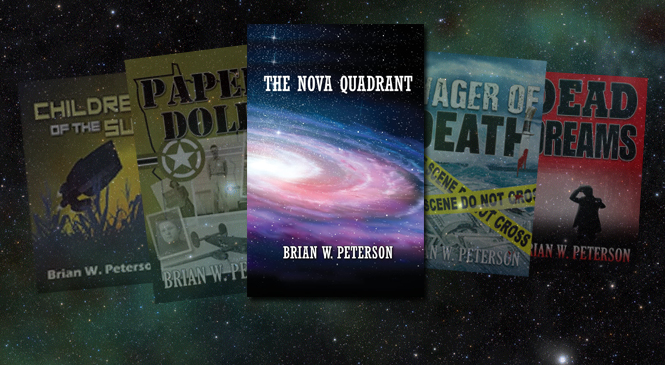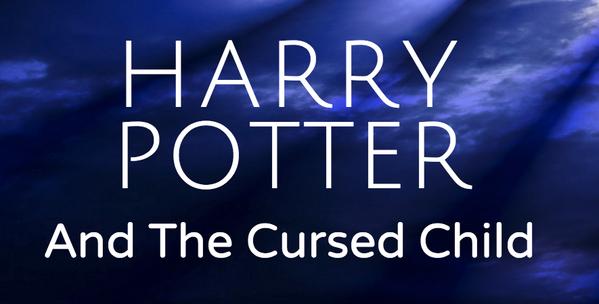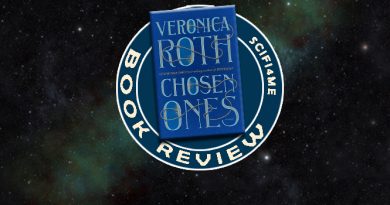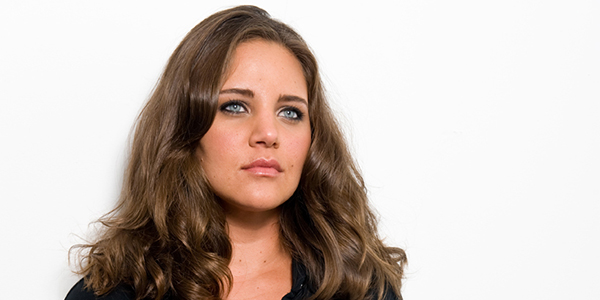Brian W. Peterson Takes Us to the Nova Quadrant

With Edgar Allan Poe as an early influence, he leans pretty heavily into the psychological thriller side of storytelling, but for now, Brian W. Peterson is playing in the science fiction sandbox with the first of a trilogy in The Nova Quadrant, setting up a tale of criminals trying to be good guys while a star threatens to explode.
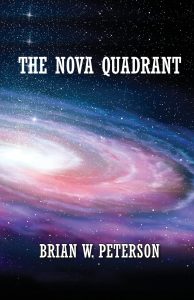 “The Nova Quadrant is set in another part of the galaxy,” Peterson says, “and in that section of the galaxy a star is about to go supernova. So all the beings who live there have fled, for the most part. The only ones who remain behind are those who are trying to assist others in leaving, or they are there to steal whatever’s been left behind in haste. So our main characters are a group of bandits who come to the realization that they’re not going to make it back to civilization without being incarcerated. They’re just not going to be able to do it. So they decide they’re going to switch sides, they’re going to help law enforcement. The problem is, law enforcement doesn’t trust them, and the other bandits hate them. So, as they’re trying to figure out how they’re going to keep their loot, and stay alive, they are wary because their enemies are everyone in the Nova Quadrant.”
“The Nova Quadrant is set in another part of the galaxy,” Peterson says, “and in that section of the galaxy a star is about to go supernova. So all the beings who live there have fled, for the most part. The only ones who remain behind are those who are trying to assist others in leaving, or they are there to steal whatever’s been left behind in haste. So our main characters are a group of bandits who come to the realization that they’re not going to make it back to civilization without being incarcerated. They’re just not going to be able to do it. So they decide they’re going to switch sides, they’re going to help law enforcement. The problem is, law enforcement doesn’t trust them, and the other bandits hate them. So, as they’re trying to figure out how they’re going to keep their loot, and stay alive, they are wary because their enemies are everyone in the Nova Quadrant.”
It’s a story that’s percolated in Peterson’s mind for a while now, and after our first interview with him back in 2017, his cousin had told him that he needed to write a series, because that was the hot ticket of the day. But Peterson draws the line at three. He has no plans to extend the story beyond that. “I don’t want to be one of those series that (I’m) eighteen books in and then I die.” Besides which, he says he’d get tired of the characters before then and want to kill them all off.
Story ideas generally start out as a collection of notes, which eventually make their way onto a spreadsheet before becoming an outline. “Once I get something in my head, I go over it for weeks or months, and then if it’s still around, I think ‘OK, this is a good enough story idea to write it down.'” Unlike Children of the Sun, which was pulled from Peterson’s childhood wish that aliens would come back to Earth to retrieve him from his parents, The Nova Quadrant started out as “a bunch of notes” that collected and gathered into a pile that was large enough to advance the project further in the creative process.
“I have notes about the characters, notes about the planets. I can’t believe how much I have there. My prior book (Paper Doll) was a true story, so I had hundreds of letters between family members, and I had lots of documents and such, and I thought that was a task. And it was. It was probably the biggest writing task I’ll ever undertake. But for fiction, I’m not used to this.”
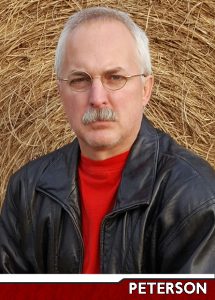 Peterson is currently at work on the second book, and he has the beginnings of the outline done for book three, so he has a pretty clear idea where he’s going with the story. “I made sure that I thought this through because I don’t want to kill off a character in book one that I really wish I had in book two or three. So, yeah, I took a lot of time before I started writing.” And while the prep time is “the most boring” part of writing a novel or screenplay, it’s also the time where Peterson’s brain is more focused on the creative aspects of the story rather than the mechanics of telling it to others.
Peterson is currently at work on the second book, and he has the beginnings of the outline done for book three, so he has a pretty clear idea where he’s going with the story. “I made sure that I thought this through because I don’t want to kill off a character in book one that I really wish I had in book two or three. So, yeah, I took a lot of time before I started writing.” And while the prep time is “the most boring” part of writing a novel or screenplay, it’s also the time where Peterson’s brain is more focused on the creative aspects of the story rather than the mechanics of telling it to others.
And as with all creative endeavors, the challenge is always to make sure the stories don’t seem like copycats of anything else. “I still think in Star Trek terms, and I still think in Star Trek terminology. So I work hard to avoid that.” With this new trilogy, Peterson decided to outlaw droids, because “You make a few droids – if you put them in your story, if you think about what a droid can and can’t do, they can take over the story if you’re trying to make this realistic.” Artificial intelligence is already a concern in today’s world, not just limited to dystopian settings in the future. He calls to mind an episode of The Twilight Zone (“The Lonely”) wherein an artificial woman is delivered to a convict living alone on an asteroid. “I remember thirty, forty years ago saying to people ‘There’s going to be a day when we’re going to see a video of a president of the United States doing something that isn’t real. It’s going to look real.’ And my gosh, did I underestimate…”
So no significant artificial intelligence in The Nova Quadrant, and it’s not the typical dystopian future setting, either, mainly because it’s not on Earth, which gives Peterson a lot of latitude in what kind of story he can tell. “I don’t like Earth-bound dystopia. To me, it’s always the same. Some dude survives, he’s out trying to keep what other humans are left, trying to save them, and the monsters come out at night. I just think they’re all the same to me. This was an opportunity to write a dystopian novel that is set in a completely different world and handle it in a completely different way.” Add to that a ticking time bomb in the impending supernova, a lot of trust issues all the way around, and it sounds like a recipe for a pretty tense novel.
It’s also violent. “My books are pretty clean, but this is the most gratuitous violence you’ll see,” Peterson says, extrapolating just how unlawful a true dystopia would be here on Earth, where civilized society would break down into tribal conflicts, oppressive regimes, and the like. “This book’s a little more violent than anything that I will ever write again, probably.” But in the midst of it all, there’s a group of people trying to help others escape danger. People have their various agendas, but in the end they all have the same goal of surviving the destruction of the solar system.
The violence and themes of the story elevate The Nova Quadrant above the YA feel of his previous science fiction work, Children of the Sun. In that story, two best friends learn that their each from another world, and they were on opposite sides of a civil war. It’s a story of friendship, loyalty, and treachery, and with the main characters in high school, the book aims at an audience that’s slightly younger. “Children of the Sun was the result of my childhood, imagining spaceships would come pick me up, thank my parents for raising me, and take me back home. Just a kid thing.”
And even though Peterson describes the beginnings of the new trilogy as “goofy crap that goes through my mind” it’s definitely not a kid thing. He says The Nova Quadrant is for a broader, older general audience.
That same broad audience may be interested in Peterson’s other project currently in the works: a Star Trek fan film called The Lost Starship. Filmed back in February, the short is currently in post-production with the visual effects work underway. And where he worked to avoid similarities to Trek in his original books, with this he can go full redshirt and lean into being both a fan and an experienced writer.
And he’s not the only one of the crew with experience. “When you think ‘fan film’ you think poor acting. It’s a bunch of guys getting together, having fun, and then they’re going to sit around and watch it and make fun of each other. Well, this is some pretty good acting. There are a number of people in it who have acting experience, and the quality is excellent because of the equipment and the sets are basically replications of the original series, so it looks good. It has that feel of the original series.” The film was shot at Neutral Zone Studios in Kingsland, Georgia, and should be available this Fall. “Fan films are just a great way to keep Star Trek going, and there are people who love Star Trek making these, and that’s what really adds to it, is that love of Star Trek.”
Peterson also enjoyed the thrill of hearing his lines coming from the actors on set. “On my audio books, both Paper Doll, my family story, and The Nova Quadrant are on audio, and when I hear the voice actor reading what I wrote, that’s a cool feeling right there, and that’s just reading the book. But when someone’s acting out my lines, it’s hard to describe. It’s a high. I love it. It’s a really cool feeling.”
The Nova Quadrant is available now in paperback, Kindle, and audio editions. You can find out more about Peterson’s work on his web site, Written by Brian W. Peterson.
![]()

